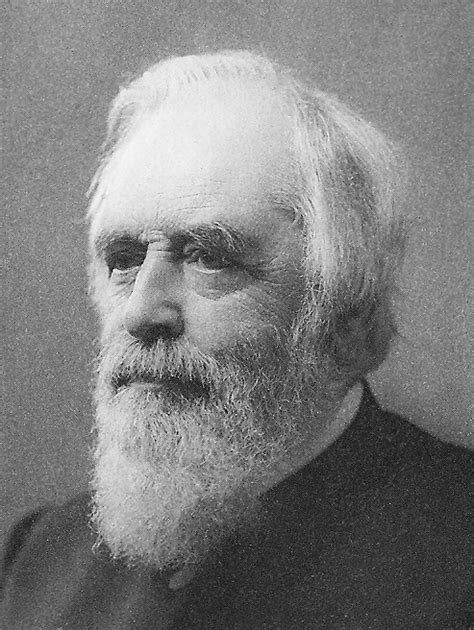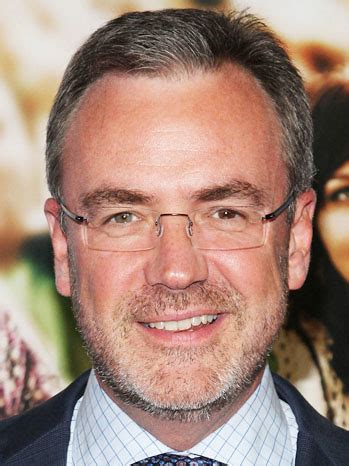A Quote by William Zinsser
Writing is not a special language that belongs to a few sensitive souls who have a 'gift for words'. Writing is the logical arrangement of thought. Anyone who thinks clearly should be able to write clearly---about any subject at all.
Related Quotes
There is no satisfactory explanation of style, no infallible guide to good writing, no assurance that a person who thinks clearly will be able to write clearly, no key that unlocks the door, no inflexible rules by which the young writer may steer his course. He will often find himself steering by stars that are disturbingly in motion.
Writing for adults and writing for young people is really not that different. As a reporter, I have always tried to write as clearly and simply as possible. I like clean, unadorned writing. So writing for a younger audience was largely an exercise in making my prose even more clear and direct, and in avoiding complicated digressions.
One of the few ways I can almost be certain I'll understand something is by sitting down and writing about it. Because by forcing yourself to write about it and putting it down in words, you can't avoid having your say on the subject. You might be wrong, but you have to think about it very intensely to write about it.
The habit of committing our thoughts to writing is a powerful means of expanding the mind, and producing a logical and systematic arrangement of our views and opinions. It is this which gives the writer a vast superiority, as to the accuracy and extent of his conceptions, over the mere talker. No one can ever hope to know the principles of any art or science thoroughly who does not write as well as read upon the subject.
I made up my mind long ago to follow one cardinal rule in all my writing-to be clear. I have given up all thought of writing poetically or symbolically or experimentally, or in any of the other modes that might (if I were good enough) get me a Pulitzer prize. I would write merely clearly and in this way establish a warm relationship between myself and my readers, and the professional critics-Well, they can do whatever they wish.
Further, in writing, I feel corrupt and unethical if I have to look up a subject in a library as part of the writing itself. This acts as a filter--it is the only filter. If the subject is not interesting enough for me to look it up independently, for my own curiosity or purposes, and I have not done so before, then I should not be writing about it at all, period. It does not mean that libraries (physical and virtual) are not acceptable; it means that they should not be the source of any idea.
I think all writing is about writing. All writing is a way of going out and exploring the world, of examining the way we live, and therefore any words you put down on the page about life will, at some level, also be words about words. It's still amazing, though, how many poems can be read as being analogous to the act of writing a poem. "Go to hell, go into detail, go for the throat" is certainly about writing, but it's also hopefully about a way of living.
I don't write about sex because it's not really my subject. I love it when other people write about it, but it's not my subject, and I don't want anyone I've had sex with to write about it. Plus, you're in front of an audience, and they picture wherever you're writing about. I'm 52; no one in the audience wants to picture that.
With "Margaret," I remember clearly it was, you know because I did remember it clearly. I was young. I was young in terms of experience and what did I know about and I had an incredible memory from my own childhood. And so it never occurred to me to write for any other age group. And I thought I'm going to write a book and I'm going to tell the truth.
The secret to writing is writing. Lots of people I know talk about writing. They will tell me about the book they are going to write, or are thinking about writing, or may write some day in the future. And I know they will never do it. If someone is serious about writing, then they will sit down every day and put some words down on paper.





































